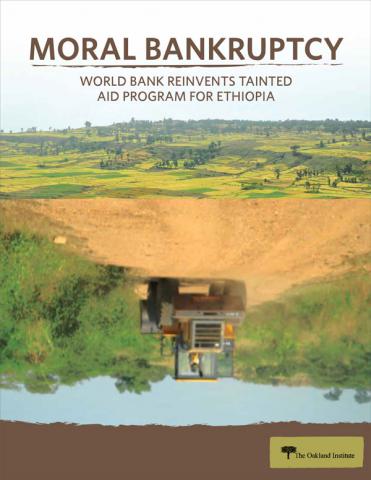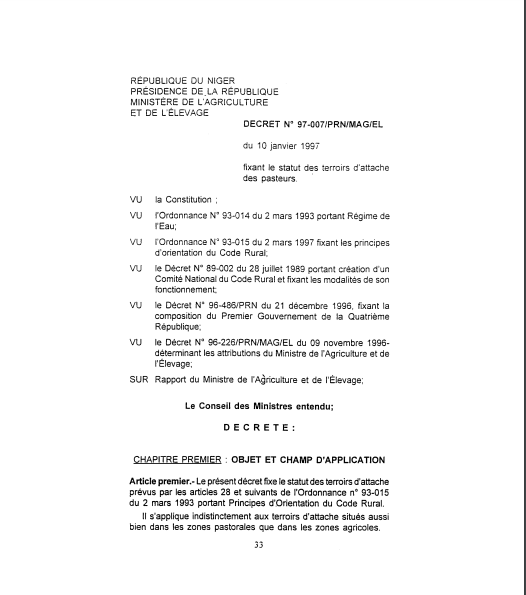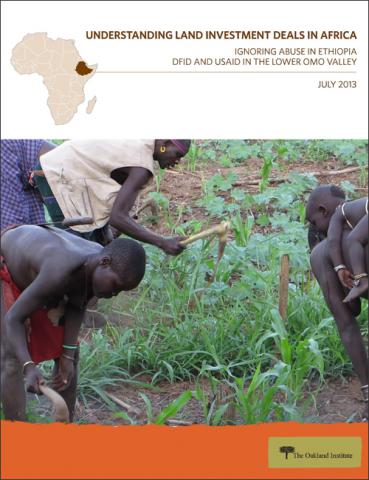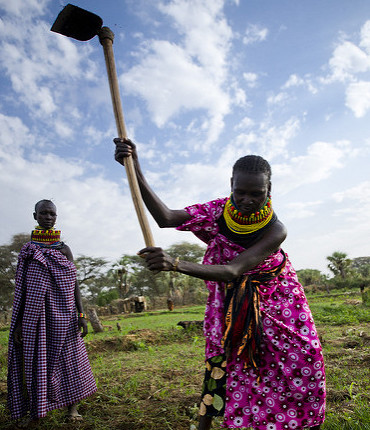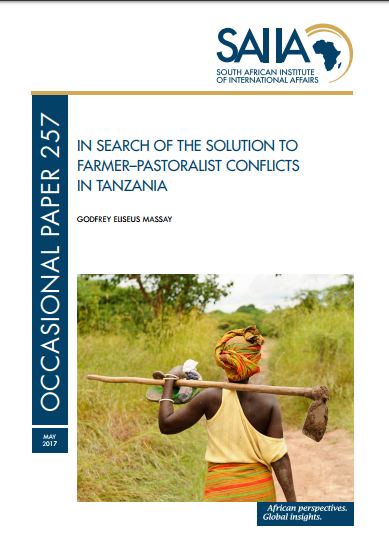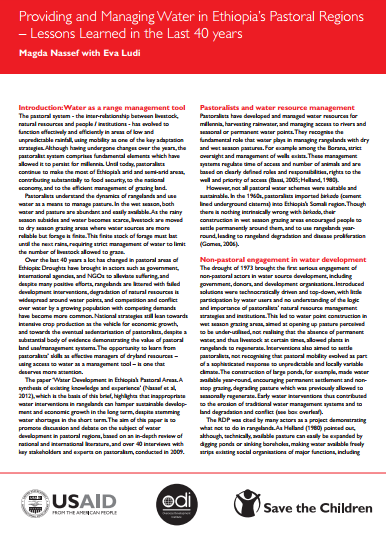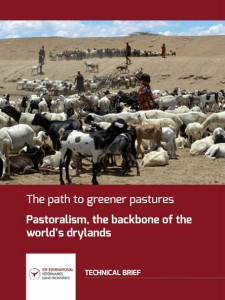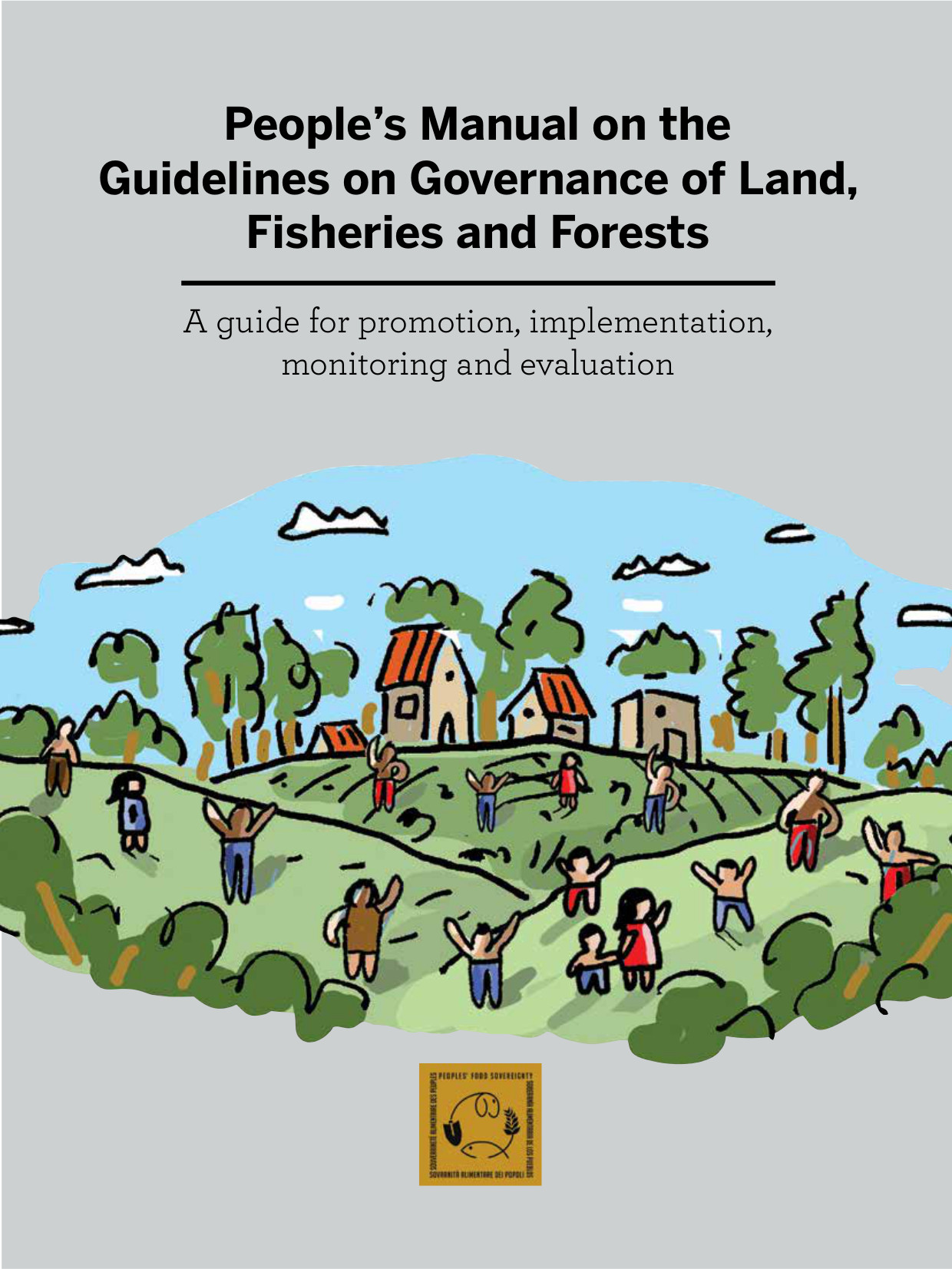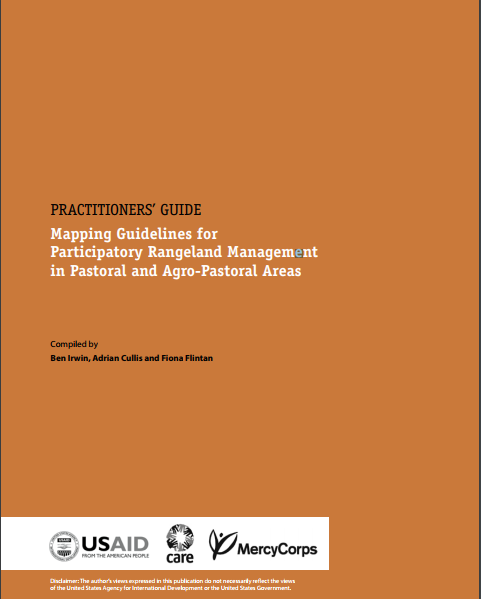Mapping Guidelines for Participatory Rangeland Management in Pastoral and Agro-Pastoral Areas
The purpose of these Mapping Guidelines is to support development practitioners (individuals and organizations) working in the rangelands and sub-humid grasslands of Ethiopia. Specifically, resource mapping can assist with investigating rangeland management systems, negotiating rangeland management plans, and implementing and monitoring progress in Participatory Rangeland Management (PRM). The Mapping Guidelines will provide rangeland management practitioners with a tool to help establish PRM within community, district, zone and regional rangeland management offices across Ethiopia.


